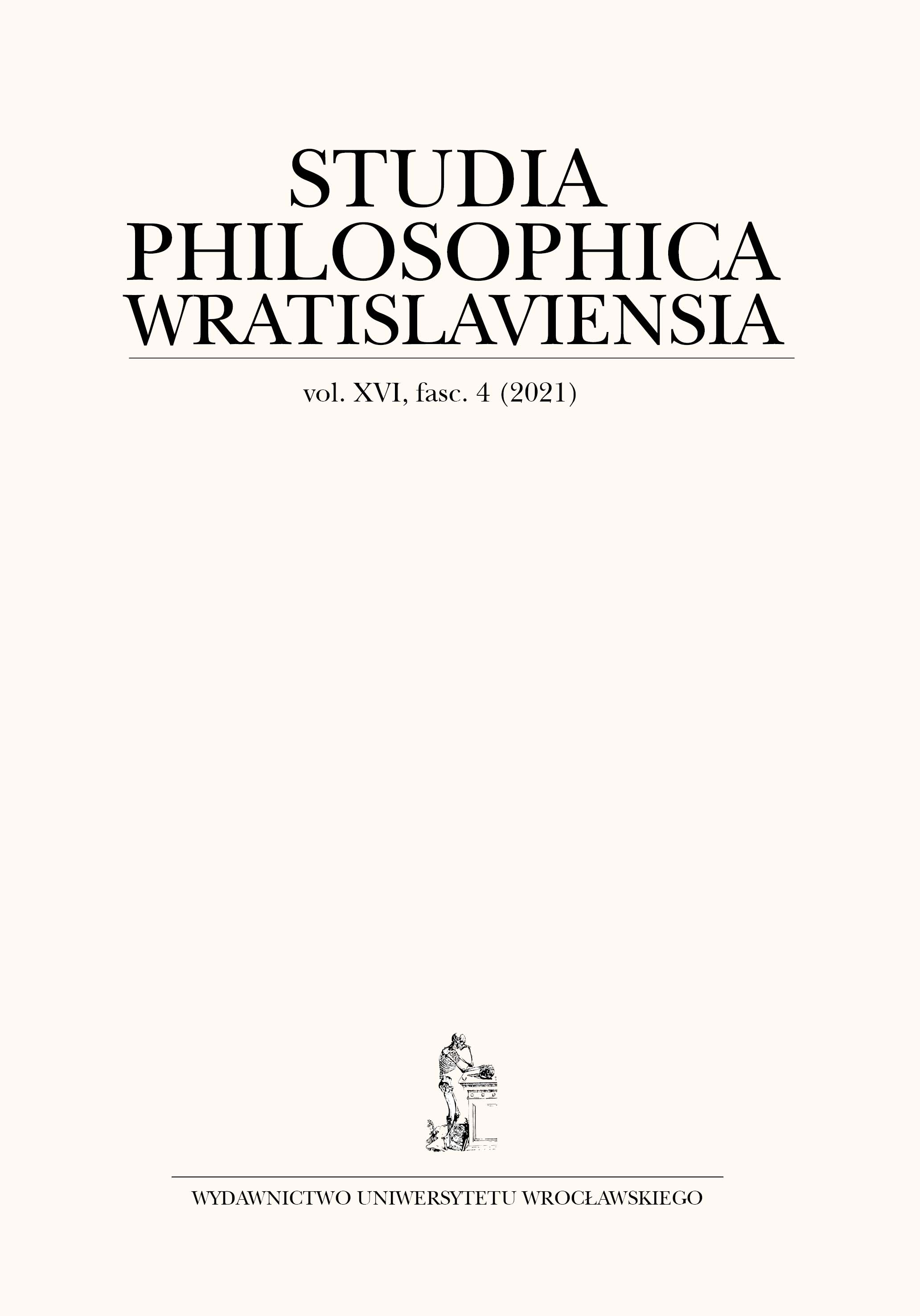

ARTYKUŁY

Lockean justifi cations of intellectual property postulate the appropriation of immaterial entities, in various contexts called types, patterns, designs, or technologies. It is widely believed that the ownership of such entities gives the owner a right to control their physical embodiments and prohibit imitation. For the prohibition to be meaningful, a condition identifying forbidden objects must be formulated. It must cover not only objects which are identical to some original artifact or its exact, ideal description, but also those which are only similar. This requires systematic answers to three questions: (1) which material structures and which of their subsets should be compared? (2) which of their characteristics should be compared? (3) how to combine these characteristics into a decision rule for token identification? There is no underlying empirical reality that could be independently consulted by individuals in order to incontestably answer these questions. Meanwhile constant evolution in technology and arts requires addressing them repeatedly. Consequently, intellectual property regimes must rely on political institutions incessantly dictating the scope of prohibition, and hence they cannot originate or exist in a prelegal state of nature.